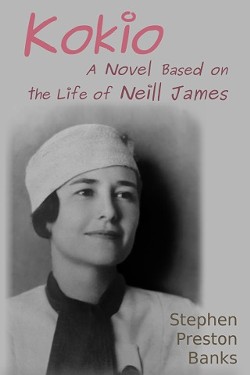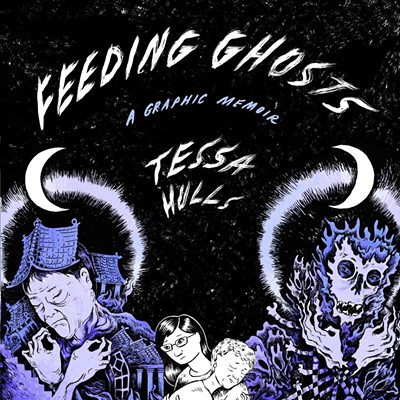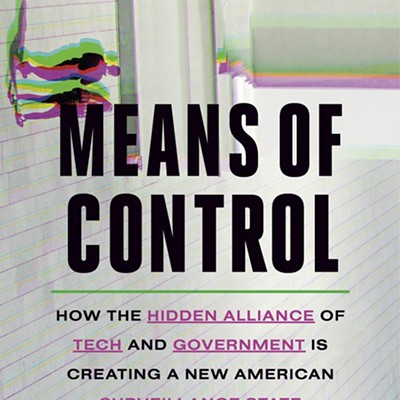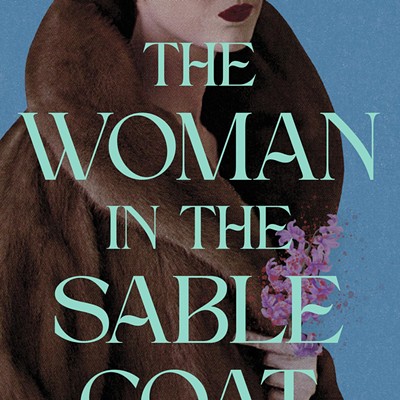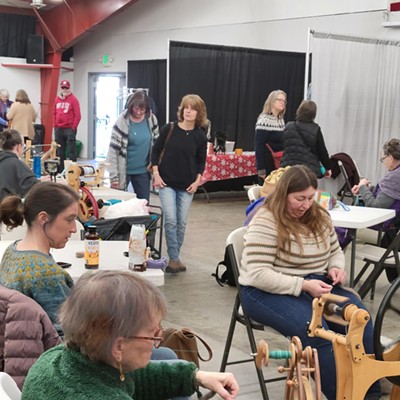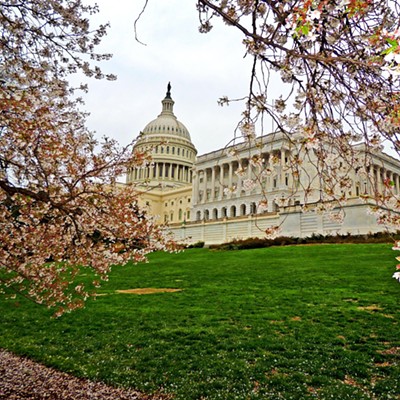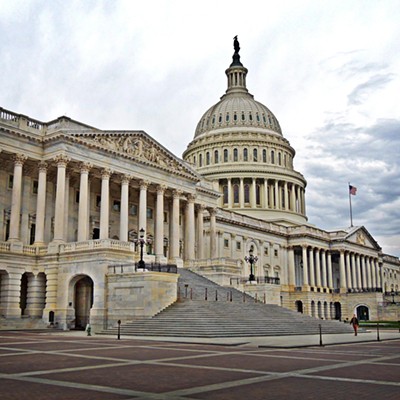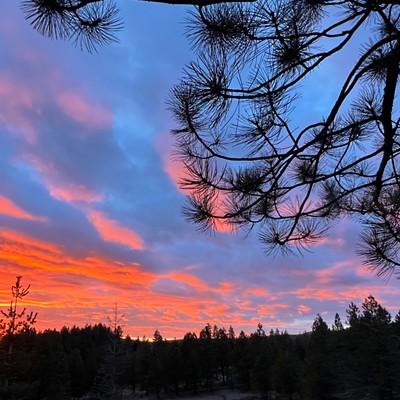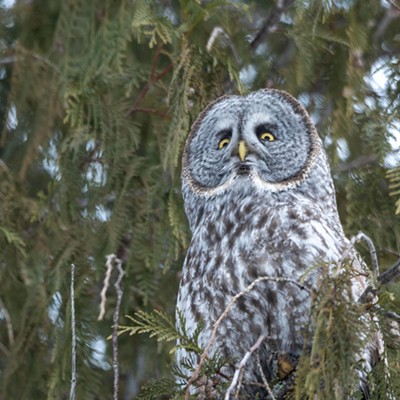Locals recall her as a famous, world-traveling writer who had a romance with Amelia Earhart. Her visitors included Ernest Hemingway and D.H. Lawrence. She was a friend of Winston Churchill. She brought electricity to the small fishing village, discovered a gold mine, started two libraries, trained a generation of artists and inspired an international community.
These were all things Moscow’s Stephen Banks heard in 2002 when he visited the colony researching American expatriates while on sabbatical as a University of Idaho professor.
“I thought this is going to be an astonishing person,” Banks said. “I wondered if anyone had ever written about her.”
After retiring, Banks spent a decade researching Neill James’ life, discovering a web of facts, lies and hidden truths. He blended biography and fiction to write “Kokio, a Novel Based on the Life of Neill James,” to present the complicated story of an insatiable adventurer who Banks believes was most likely a U.S. spy.
“It’s kind of a lack of faith I have in the person herself and how she tells her story because she kept refashioning herself,” he said. “Too many lies, too many deceptions, too many missing documents.”
James graduated as the best stenographer in her class from the Mississippi Industrial Institute and College for the Education of White Girls. In four travel books called the Petticoat Vagabond series published by Scribner’s, James wrote about her trips to meet Lapland’s Sami reindeer herders, the Ainu of northern Japan, and Mexico’s Otomí. Then, in mid-life, she suddenly stopped writing and traveling, spending her last 50 years in the remote Mexican village.
Why did she stop? Banks wondered. He discovered that James' editor at Scribner’s was Maxwell Perkins, who also edited Hemingway and Fitzgerald. Banks could not understand why an ordinary writer like James would fall under Perkins’ purview, especially since correspondence showed that he published James’ work sight unseen.
“I came across a couple relatives who were pretty well convinced she had another secret career. That answered a lot of questions,” Banks said.
Piecing together evidence, Banks believes she began spying for the U.S. after college in 1918 when she landed a job in Washington, D.C., at the Department of War. She was 16, 19 or 23, depending on who she told.
Stenographers were valuable because they could keep a verbatim record of what they were listening to and other people couldn’t read it. At first it appears she did “negative intelligence,” spying domestically on Americans who might be Nazis or communist sympathizers, Banks said. After World War I her passports showed trips behind enemy lines. Undercover as a travel writer she could witness troop movements and other threats. He believes she spent time in prison in Russia. She told people Earhart taught her to fly, that they were lovers and traveled together. James was a lifelong lesbian but Banks could only place them together for one day when both were in Hawaii.
James was good at talking her way in and out of situations. In one instance she wrote a feature article about her 1937 marriage to a Scottish lord, which was printed in Portland, Ore., and New Haven, Conn. She included details about the wedding but the day the wedding was to take place the church was closed. There is no record of the marriage or the man.
“She was a great schmoozer,” Banks said. “She remade herself over and over again.”
Banks could find no records of her employment as an agent.
“That’s part of the fiction but it’s the most plausible explanation for the pattern of her travels, the work she did and why Scribner's would have published her in the first place.”
In mid-life James’ travels stopped in Mexico after she was nearly killed while climbing an erupting volcano. She never returned to her globe trotting ways, settling in Mexico where she became part of the community.
Banks believes she was just too troublesome for U.S. officials who dropped her services. It’s one of the reasons he wanted to write the book, he said.
“A lot of women espionage agents were treated like her -- no retirement, working on contract. When their usefulness ended they were just dropped. Not very many were career employees.”
(“Kokio, a Novel Based on the Life of Neill James,” Tellectual Press, 247 pages., $12.99 print, $7.99 Kindle)
If You Go
What: Book signing and talk by Stephen Preston Banks, author of “Kokio, a Novel Based on the Life of Neill James”
When: -- 7 p.m. Sept. 15 at BookPeople of Moscow, 521 S. Main St., Moscow -- 2-4 p.m. Sept. 19 at And Books Too, 918 Sixth St., Clarkston
Of Note: Banks will be joined at both events by Elizabeth Sloan, author of "When Songbirds Returned to Paris.” Both books blend fiction with biography to tell the true stories of two World War II female espionage agents.

